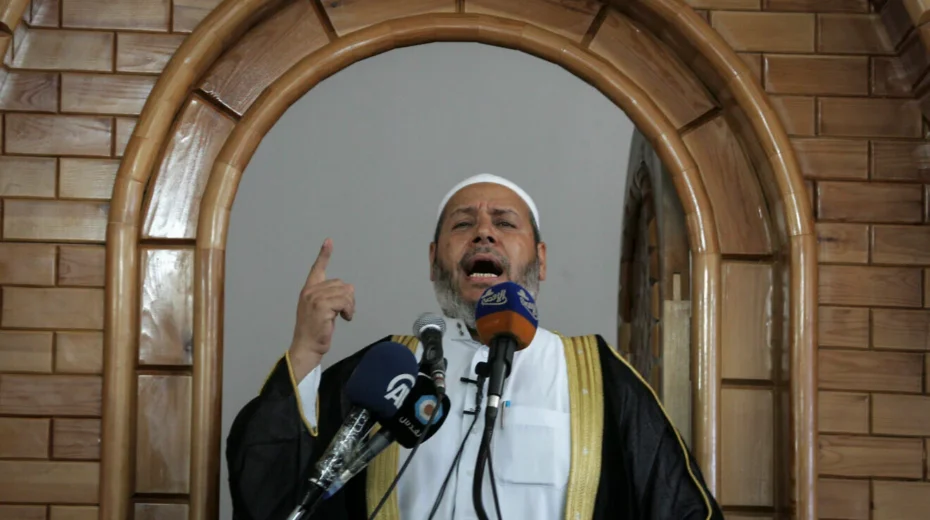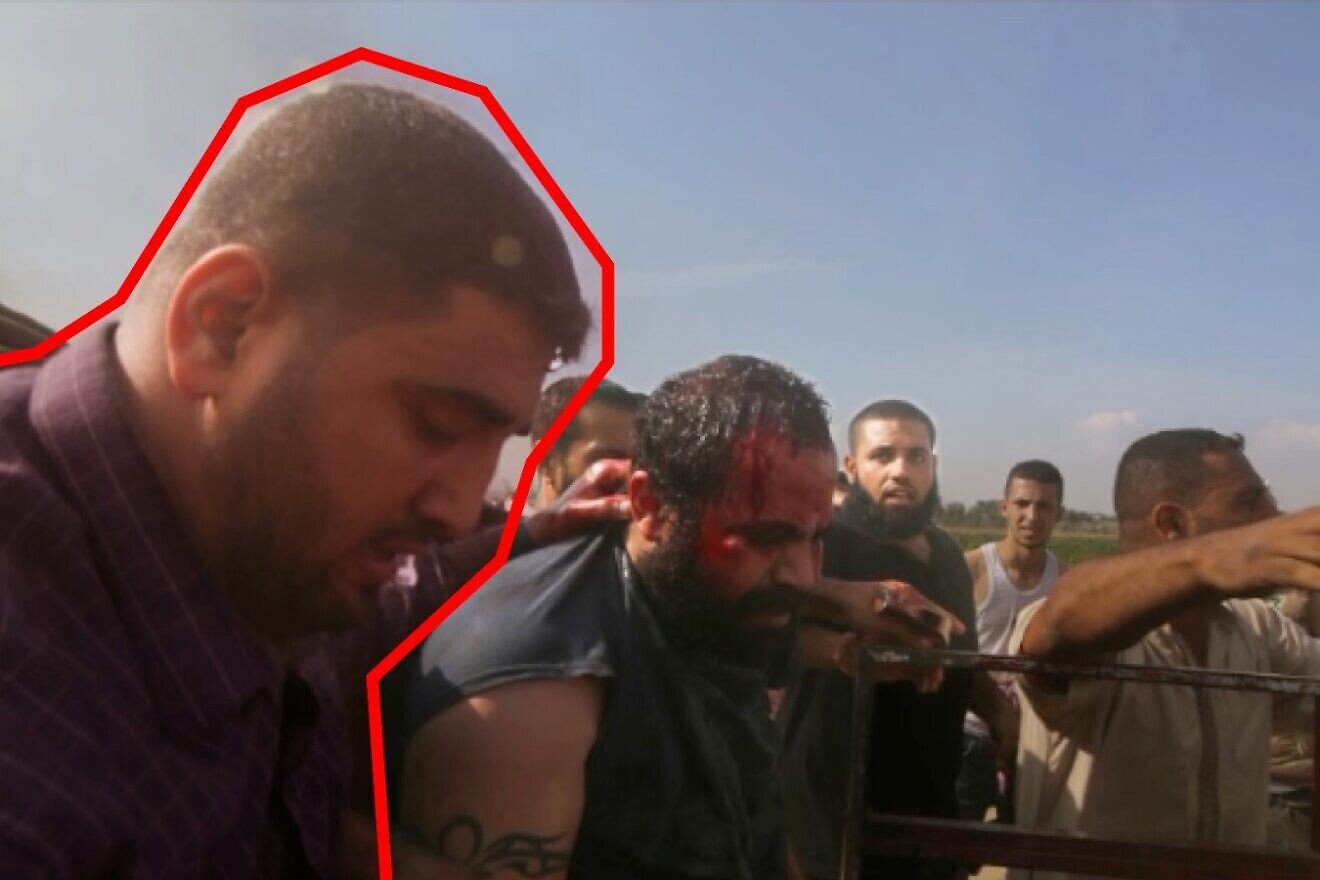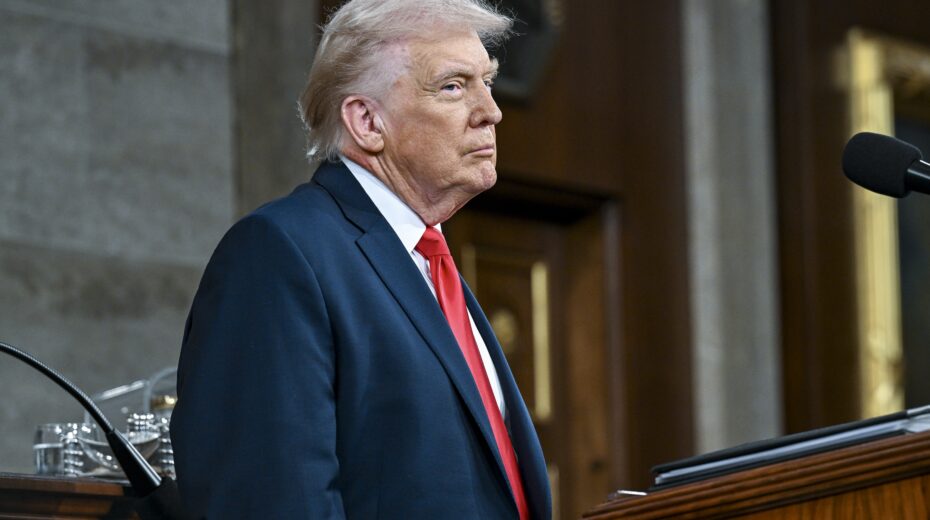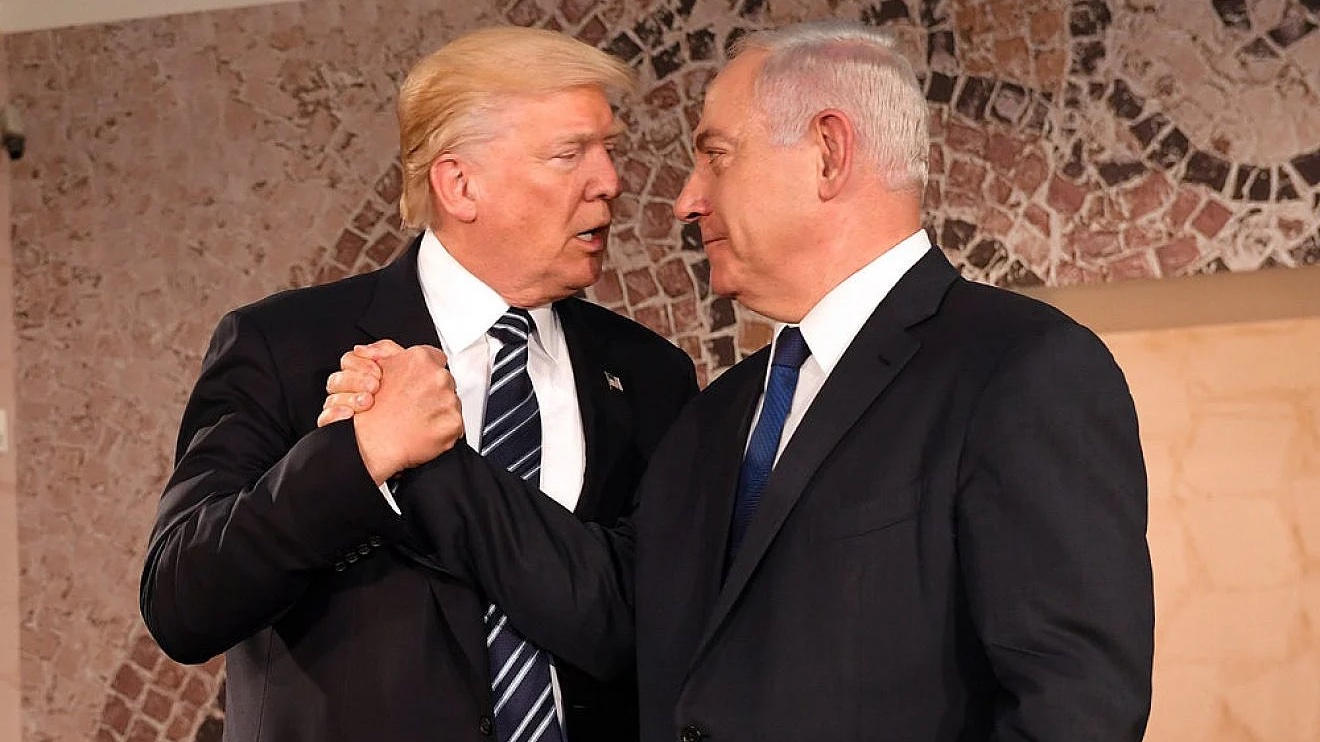Hamas has officially rejected Israel’s latest proposal for a ceasefire and hostage deal, escalating tensions and casting doubt on the fate of the 59 captives still held in the Gaza Strip.
Khalil al-Hayya, deputy head of Hamas’ political bureau and the group’s lead negotiator, announced Thursday evening that the terrorist organization would not accept partial agreements and accused Israeli Prime Minister Benjamin Netanyahu of using such proposals to prolong the war for political purposes.
“Netanyahu has made impossible proposals,” al-Hayya said. “We are prepared for an immediate, comprehensive deal that includes the release of all hostages in exchange for an agreed-upon number of Palestinian prisoners, a full Israeli withdrawal from the Gaza Strip, and the start of reconstruction.”
Al-Hayya emphasized that Hamas views armed resistance—i.e., terrorism—as a “natural right” and will not negotiate disarmament.
The group’s statement came in response to an Israeli offer, delivered through mediators, which included a six-week ceasefire and the release of 10 living hostages and 16 bodies. Al-Hayya claimed that Hamas had already agreed to a mediated deal at the end of Ramadan and that Netanyahu had deliberately sabotaged the process to preserve his own political future.
Hamas’ rejection triggered strong reactions from Israeli politicians.
Israeli Finance Minister Bezalel Smotrich called for intensified military action: “It’s time to open the gates of hell for Hamas. The war must end with a total victory—the complete destruction of Hamas and the full achievement of our objectives.”
National Security Minister Itamar Ben-Gvir dismissed any possibility of a ceasefire or hostage deal and called for relentless pressure until Hamas surrenders. “No more excuses,” he said. “Only absolute victory.”
Education Minister Yoav Kisch stated, “We must not hesitate. Only through determined, uncompromising use of force will we compel Hamas to return the hostages and break its rule.”
Amid the diplomatic breakdown, Hamas officials abroad reaffirmed the group’s stance. Senior member Mahmoud Mardawi stated that Hamas would not negotiate on weapons or “armed resistance”: “This is purely an Israeli proposal and not part of any Egyptian or international mediation.”
Mardawi added that Hamas was open to dialogue with the U.S. government if it became relevant.
The Israeli government insists that its objectives remain unchanged: the return of all hostages and the total defeat of Hamas. On Wednesday, Netanyahu held a security consultation and instructed his officials to continue efforts to bring the hostages home.
New Hostage Video
Meanwhile, on Saturday evening, Hamas released proof of life for hostage Elkana Bohbot.
This is the third video of Bohbot released by Hamas—all within the span of a month.
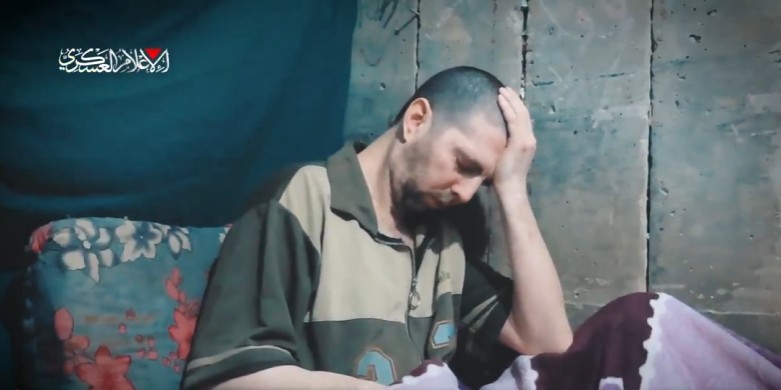
The video was released with the family’s permission.
In a statement, the family said: “We are deeply shocked and devastated. At the end of the Passover holiday, we are experiencing the opposite of freedom. How much suffering can a person endure? We are extremely concerned about Elkana’s physical and mental condition—anyone can see it. How much longer must he wait and ‘stay strong’? Elkana, like us, fully understands the injustice done to him.”
Elkana is one of 59 hostages still held in Gaza; 24 of them are believed to be alive. Signs of life have been received from 20 of those 24.
Since the end of the ceasefire and the resumption of fighting in Gaza, Hamas has been releasing weekly hostage videos to increase pressure on the Israeli government, aiming to force a deal through internal political pressure—one that would allow the terror group to remain in power.


